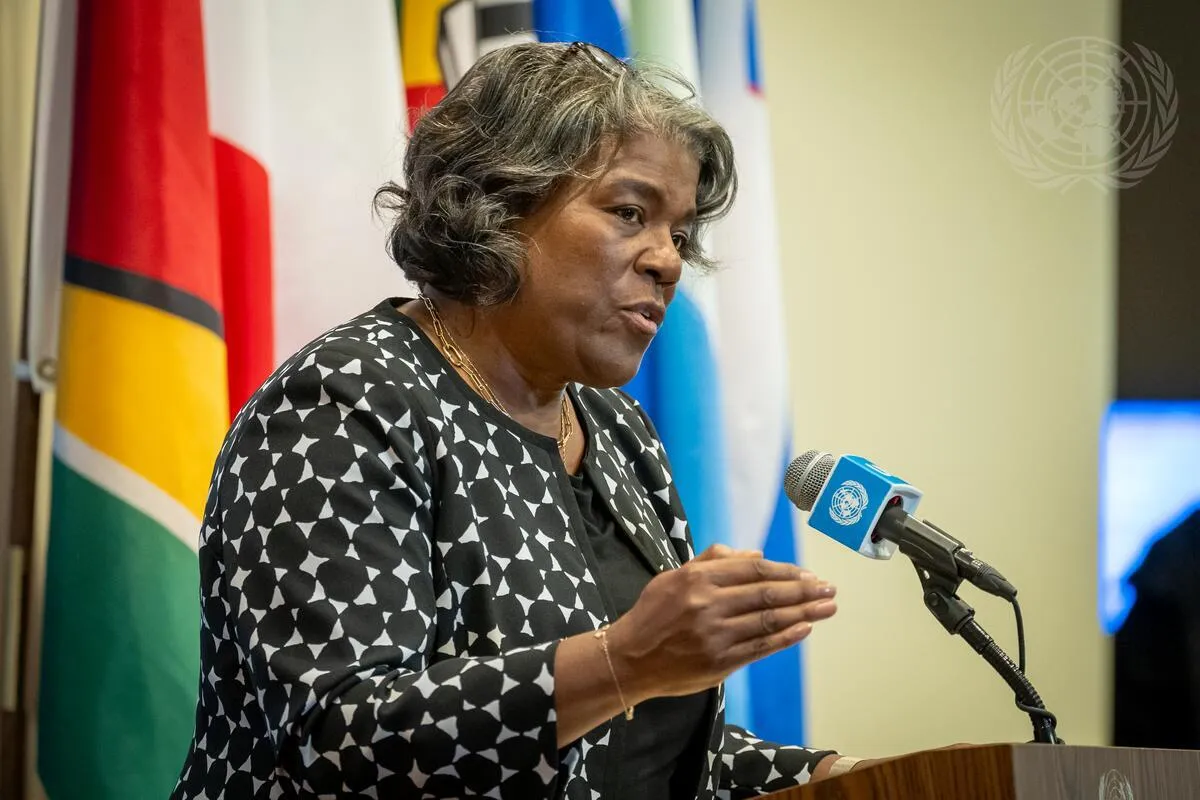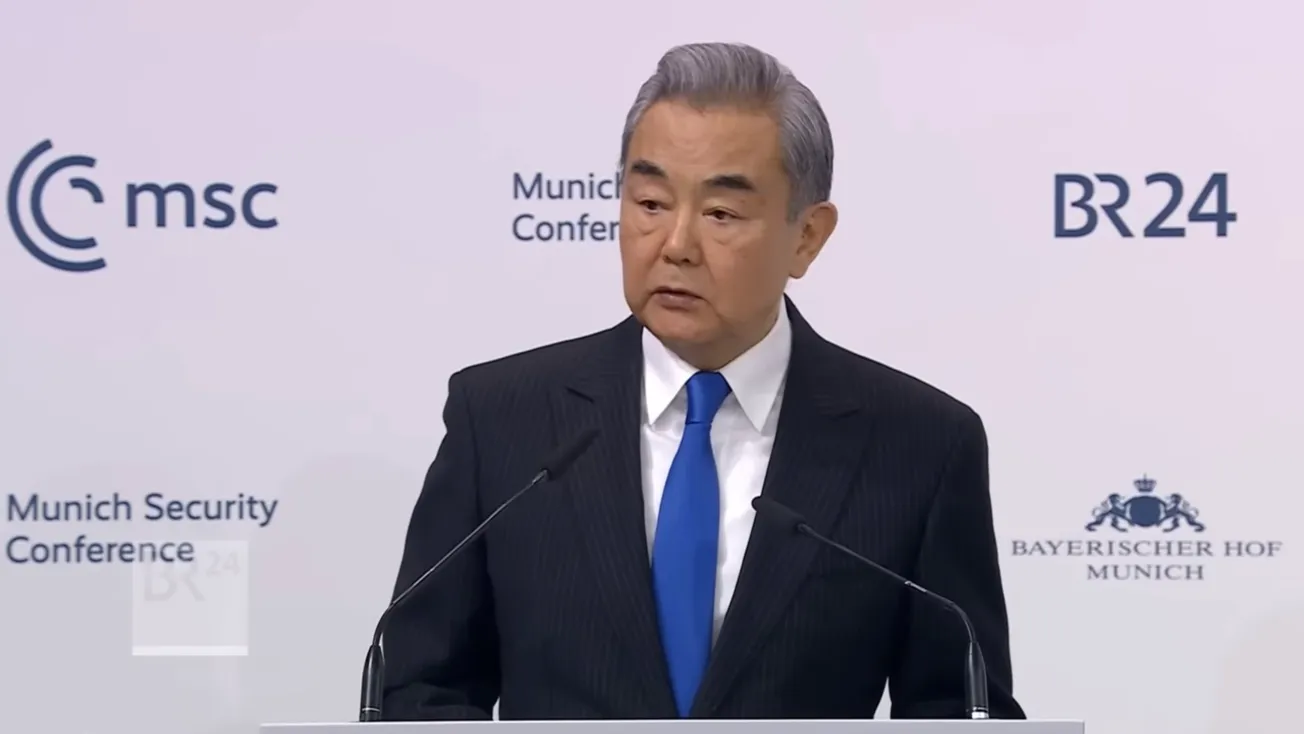U.S. Ambassador to the UN Linda Thomas-Greenfield was reduced today to arguing that, while the Algerian resolution had demanded both an immediate ceasefire and the immediate release of hostages, they had not conditioned the immediate ceasefire upon the release of the hostages. She argued before today’s vote: “Demanding an immediate, unconditional ceasefire without an agreement requiring Hamas to release the hostages will not bring about a durable peace.” (She might as well have objected to the immediate release of hostages occurring before the non-immediate ceasefire!) Such quibbling over two simultaneous “immediacies” did not impress the Security Council. Thirteen voted for Algeria’s resolution, the U.K. abstained, and the U.S. voted against, killing the resolution with its veto power.
The U.S. has fashioned a draft resolution to counter Algeria’s, which Reuters reports having examined. However, a giveaway is that Reuters cites a senior U.S. administration official who explained that the U.S. does “not plan to rush” the resolution to a vote. While clearly a stalling maneuver, it has new elements, evidently meant to nudge Israel in Washington’s direction.
First, it would have the Security Council “underscore its support for a temporary ceasefire in Gaza as soon as practicable, based on the formula of all hostages being released, and calls for lifting all barriers to the provision of humanitarian assistance at scale.” Scaling up humanitarian assistance is a dose of reality, but the timing—"as soon as practicable”—undermines any pretense of dealing with reality. Disease is now rampant amongst Gaza’s population, exacerbated by starvation.
Of less import, the U.S. has, up to now, forsworn use of the word “ceasefire,” but even this qualified usage—"a temporary ceasefire … as soon as practicable”—was more than enough to set off Gilad Erdan, Israel’s volatile UN Ambassador. He explained: “A ceasefire achieves one thing and one thing only—the survival of Hamas. A ceasefire is a death sentence for many more Israelis and Gazans.”
Second, and of some note, it does include language stating “that under current circumstances a major ground offensive into Rafah would result in further harm to civilians and their further displacement including potentially into neighboring countries.” Hence, such a move “would have serious implications for regional peace and security, and therefore underscores that such a major ground offensive should not proceed under current circumstances.”
Finally, Reuters reports that it: condemns calls by some Israeli government ministers for Jewish settlers to move to Gaza; rejects any attempt at demographic or territorial change in Gaza that would violate international law; and rejects “any actions by any party that reduce the territory of Gaza, on a temporary or permanent basis, including through the establishment officially or unofficially of so-called buffer zones, as well as the widespread, systematic demolition of civilian infrastructure.” Israel has heard these condemnations before.
International Crisis Group UN Director Richard Gowan offered: “The simple fact that the U.S. is tabling this text at all is a warning shot for Netanyahu. It is the strongest signal the U.S. has sent at the UN so far that Israel cannot rely on American diplomatic protection indefinitely.” While that may be the case, does anyone doubt that the Biden administration, at best, has no idea of what it takes to deal with the “blood and soil” nastiness that has broken out in Israel; and, at worst, is content with as much carnage and disease as it takes to force the rest of the region to accommodate an Israel as the rage-driven, militarized warlord of the neighborhood?




